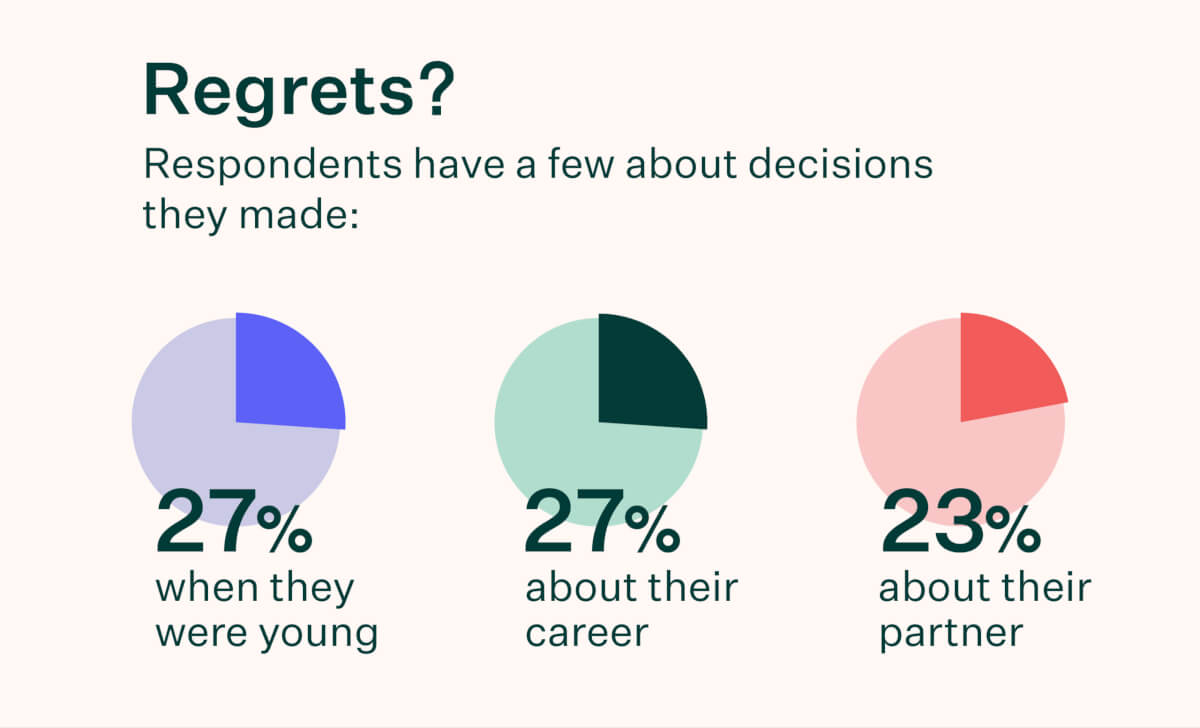
(© terovesalainen - stock.adobe.com)
NEW YORK — Your money mistakes may end up costing you your relationship, a new survey reveals. The poll of 2,000 Americans finds that 40 percent have ended a relationship over a poor financial decision.
Overall, nearly three-quarters of respondents feel sure about their decision-making ability, describing themselves as decisive (74%). Just one in six admit to being indecisive. Those who are sure about their choices chalk it up to good judgment skills (68%), confidence (63%), and strong intuition (62%). They also pride themselves on their ability to think quickly (58%) and gauge others’ behaviors like tone or body language (54%).
On the other hand, those who are indecisive fear making the wrong choice (55%) and seek to understand as much information as possible (56%). For nearly half of these respondents, opposites attract, as they look for someone more decisive when considering a relationship (46%). This pattern holds across the country except in the Midwest, where only one in five seek someone more decisive.
While most Americans believe they’re decisive, many seek advice from someone at work (35%) or the news (29%) — above their partner’s advice (18%) — when considering money-related decisions.
Conducted by OnePoll in partnership with SurePayroll By Paychex, the survey also finds that some of the daily decisions people struggle with regularly are what to eat for different meals (44%), what to watch on TV (40%), and hobby-related decisions like what book to read or what to create (39%).
Respondents are most open to negotiation when it comes to household debates about meal choices (47%) or chores (37%), but less so about work-related decisions like switching areas with a colleague (4%) or adjusting their pay (2%).
When it comes to big decisions, survey-takers put more faith in research (55%) and make pro and con lists (55%) to help them out. Most respondents indicate they would want to be 100 percent sure before making a significant purchase, like a house (60%). This requires more certainty than the decision to get married or divorced (57%), start a family (44%), change jobs (48%), or move (40%).
Surprisingly, 40 percent say they would leave a major decision up to random choice. On average, Americans would do six hours of research before making a big decision. One in nine say they would need to mull it over for at least 10 hours before deciding.
Some of these major decisions people have committed to are related to time or money, like moving somewhere new (41%) or investing a large sum of money (15%). Others have made career-changing moves like starting a new job or career path (52%) or becoming a business owner (13%). Of the major decisions to consider, respondents agree that starting a business (21%) and investing a large sum of money (22%) would take the longest deliberation.
“Whether making large or small decisions, the survey clearly shows people want to be sure about their decisions. The results highlight ways small business owners can help customers and prospects simplify and validate their decision-making process,” says spokesperson Melissa Smiley, associated head of brand and content at SurePayroll By Paychex, in a statement. “With the faith people put in reviews and research, small business owners can boost customer confidence by adding a link to independent review sites to their home page, posting testimonials on social media, or providing a comparison against leading competitors.”

Just 21 percent are more concerned about how their decisions affect them in the long run than in the present (16%); more than half fall somewhere in the middle (58%). Those surveyed admit to having regrets about decisions they made when they were young (27%) and about their career (27%).
Interestingly, 23 percent have misgivings about their partner, and another 22 percent regret certain parenting decisions they made. Respondents even feel contrite when it comes to choices like shopping; 43 percent are remorseful about purchases at a big box store because of quality concerns (63%), cost (53%), and worry about the business’s practices (60%).
Instead, 23 percent believe shopping at a local business is a better use of their money compared to saving at a large chain.
“Americans feel sure about shopping at small businesses. The level of personalized service they receive from a local business serves to validate their purchase decision better than a purchase from a chain,” says Smiley. “Americans clearly appreciate the vibrancy and support local businesses — owned and operated by those active in the community — bring to their economy and the communities in which they operate.”
Survey methodology:
This random double-opt-in survey of 2,000 general population Americans was commissioned by SurePayroll By Paychex between Sept. 13 and Sept. 14, 2023. It was conducted by market research company OnePoll, whose team members are members of the Market Research Society and have corporate membership to the American Association for Public Opinion Research (AAPOR) and the European Society for Opinion and Marketing Research (ESOMAR).











